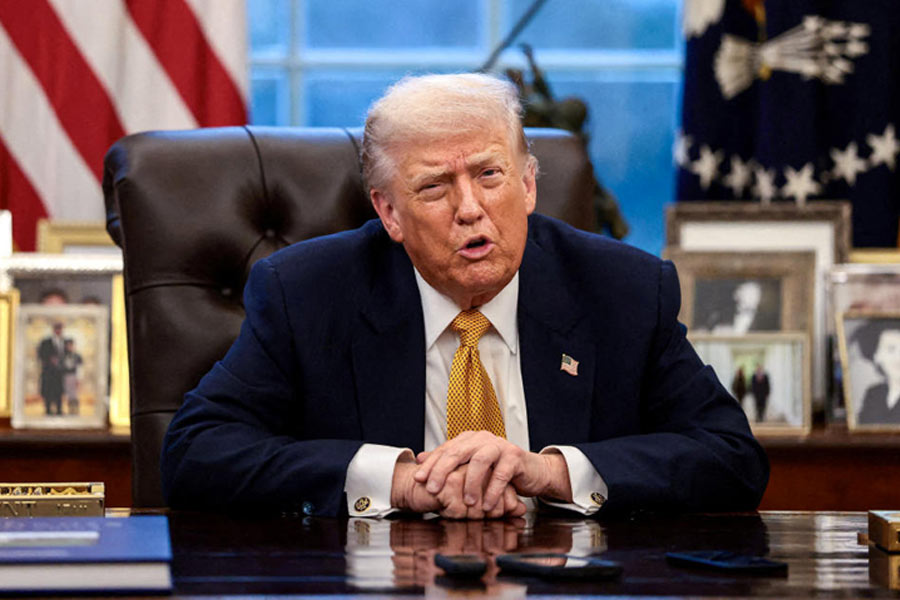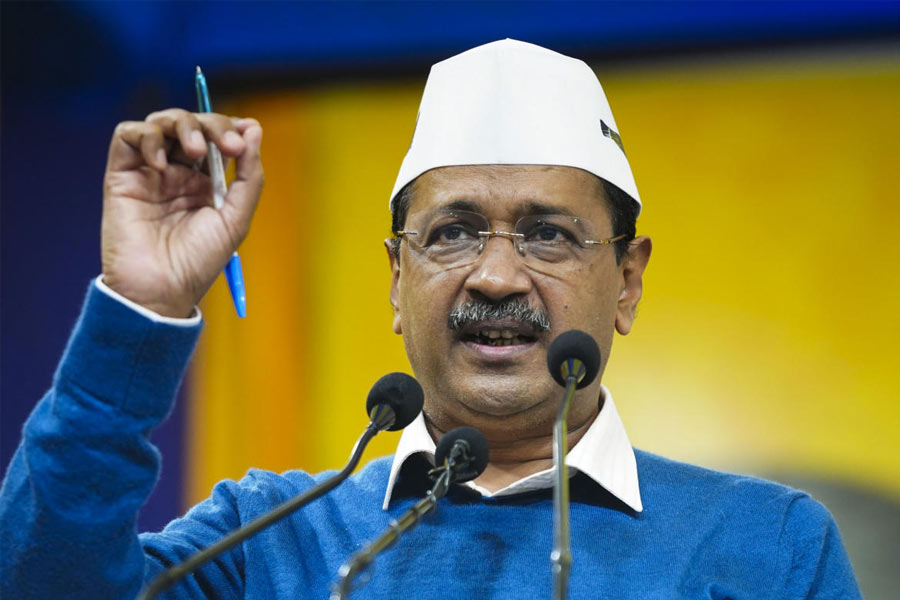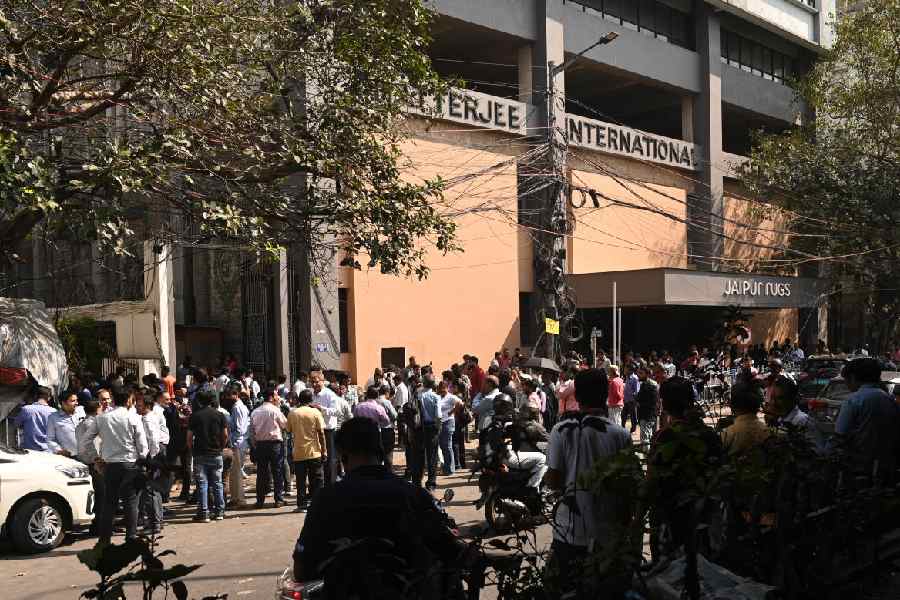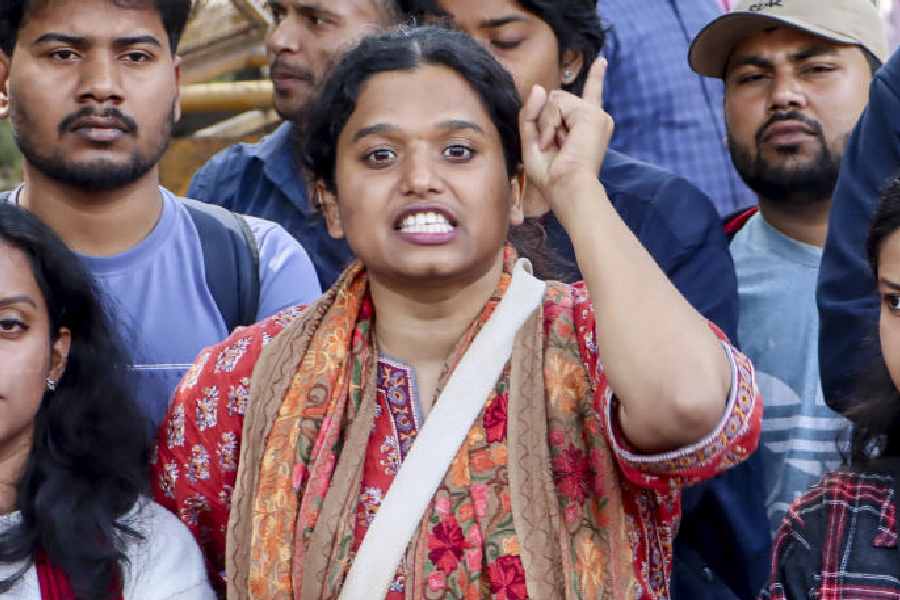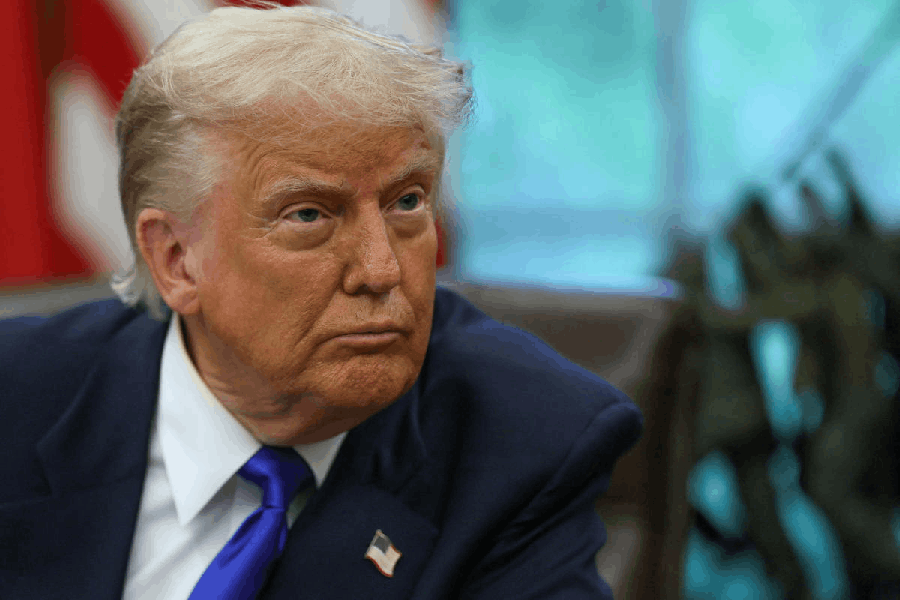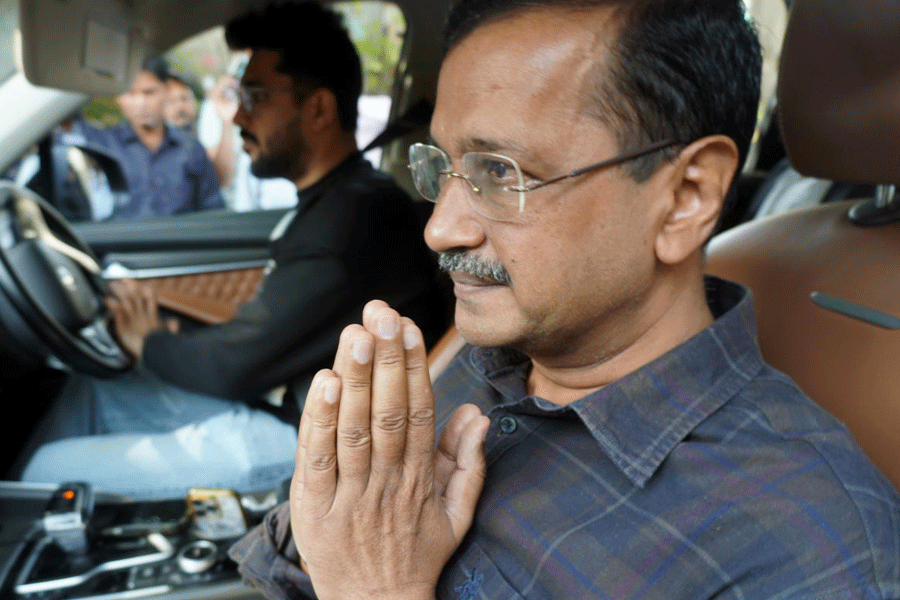The Jawaharlal Nehru University Students’ Union (JNUSU) elections have laid bare the fissures in the Left alliance over the president’s post and the parties’ understanding of fascism.
The polls, scheduled to be conducted on April 25, were indefinitely put on hold on Friday by the student-managed election committee that cited vandalism of its office and harassment of its members.
The committee has extended the deadline for withdrawal of nominations multiple times since Wednesday over alleged disruptions caused by competing student groups.
RSS-backed ABVP has accused the election committee of deliberately stalling the polls that they expect to win, given the split in the Left bloc. They also claimed that the committee was adding candidates after the publication of the list of nominations on Thursday to favour the Left groups.
The Left has accused the ABVP of forcibly preventing candidates from filing and withdrawing their nominations. Election committee chairman Vikash did not respond to queries from The Telegraph.
The chaos over nominations was preceded by a split in the Left alliance that included CPIML-Liberation backed AISA, CPM-backed SFI, CPI-backed AISF and Democratic Students’ Federation (DSF), a splinter group of the SFI.
The CPM and the CPIML-Liberation have been at odds since February over the former’s recently adopted political resolution that described the Narendra Modi government as displaying “neo-fascist characteristics”, a position associated with CPM general secretary Prakash Karat.
Liberation and the CPI believe that the BJP-led Centre is not merely displaying such characteristics, but is practising fascism.
On Thursday, AISA and DSF announced a panel of nominees for the JNUSU polls. The next day, the SFI announced its alliance with the AISF, Birsa Ambedkar Phule Students’ Association (BAPSA) and Progressive Students’ Association. On Saturday, BAPSA expelled its member Ramnivas Gurjar — the general secretary nominee of the SFI-led bloc — and denied any tie-up with the SFI.
On April 7, the report of SFI’s Dipanjan Mandal, convener of the JNUSU in the School of Social Sciences, was defeated with 119-80 votes with 168 abstentions. In the section on the national situation, the word fascism was not even mentioned once in Mandal’s report.
On April 11, the SFI circulated a pamphlet where it quoted Marxist economist Michael Kalecki’s views on classical fascism. “For the last 11 years, which is a long period if we consider Fascist rules throughout history, Modi has proved incapable of militarisation and war-time economic and political mobilisation that is a general feature of Classical Fascism. Yes, there is an ideological association with it, such as in the call for an ‘Akhand Bharat’, but they are far from being a practical reality,” it said.
The SFI also quoted former Karat’s 1985 essay Naxalism Today in which he wrote: “Another curious aspect of their (CPIML groups) tactical slogans is the insistence of the fallacious belief that Congress rule represents fascism, and raising slogans on this basis.”
The AISA responded with a pamphlet on April 13, saying: “Across the globe, we are witnessing the rise of authoritarian leaders and ultranationalist ideologies. From Trump’s America to Bolsonaro’s Brazil, from Erdogan’s Turkey to Netanyahu’s Israel, from Giorgia Meloni’s Italy to the Right wing’s surge in the European Parliament — the signs are eerily familiar: suppression of dissent, vilification of minorities homophobia, xenophobia, attacks on the press, and centralisation of power…. To ignore this global pattern is to remain unprepared for the scale and intensity of the threat we face.”
It added: “Whether it is in campus politics or national elections, SFI and CPIM have consistently demonstrated that their primary obsession is defeating their immediate electoral rivals, not the fascist forces dismantling democracy.”


